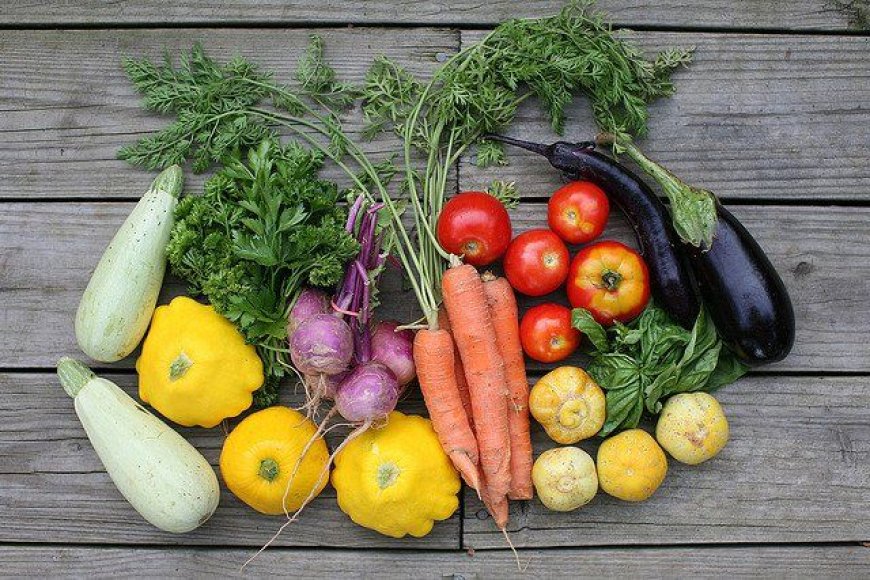How can I save money on organic foods?

How Can I Save Money on Organic Foods?
Eating organic foods is a great way to ensure you’re consuming fewer pesticides and more natural ingredients. However, buying organic can sometimes be more expensive. Fortunately, there are several strategies you can use to save money while still enjoying the benefits of organic produce and products. In this article, we'll share practical tips to help you afford organic foods without breaking the bank.
1. Prioritize Your Organic Purchases
Not all organic foods need to be purchased at once. Focus on buying organic for the items that tend to have the highest pesticide residues when grown conventionally. These are often referred to as the "Dirty Dozen," which include:
- Strawberries
- Spinach
- Kale
- Nectarines
- Apples
- Grapes
- Peaches
- Cherries
- Pears
- Tomatoes
- Celery
- Potatoes
By prioritizing these items, you can reduce your pesticide intake without having to buy everything organic.
Organic strawberries and apples
2. Shop at Farmers' Markets
Farmers' markets are great places to find affordable organic produce. Often, the prices are lower than what you’d find in supermarkets because you’re buying directly from the farmer. Additionally, farmers' markets typically offer fresher and more seasonal produce.
- Go Late: Towards the end of the market day, vendors might lower prices to clear out their inventory.
- Build Relationships: Get to know the farmers. They might offer you deals or let you know when they have surplus produce.
A busy farmers' market with various organic produce stands
3. Buy in Bulk
Buying in bulk can save you money on organic foods, especially for items like grains, nuts, and seeds. Many stores offer bulk bins where you can purchase the exact amount you need, which reduces waste and cost.
- Join a Co-op: Food cooperatives often offer bulk buying options and member discounts.
- Warehouse Clubs: Stores like Costco offer bulk organic items at lower prices per unit.
A shopper filling a reusable bag with bulk grains at a store
4. Grow Your Own
If you have space, consider growing your own organic vegetables and herbs. It’s a cost-effective way to have a steady supply of organic produce.
- Start Small: Begin with easy-to-grow plants like tomatoes, lettuce, and herbs.
- Use Containers: Even if you don't have a garden, you can grow many plants in pots or containers on a balcony or patio.
A small home garden with various organic vegetables and herbs
5. Buy Store Brands
Many grocery stores offer their own line of organic products which are often cheaper than name-brand organic items. These store brands are typically just as good in quality but come at a lower price.
Store-brand organic products on a supermarket shelf
6. Look for Sales and Coupons
Keep an eye out for sales and use coupons to save on organic foods. Many stores and brands offer discounts on organic products regularly.
- Sign Up for Newsletters: Many organic brands and stores send out newsletters with coupons and sale information.
- Use Apps: Download grocery apps that offer digital coupons and track sales.
A shopper using a coupon app on their phone while grocery shopping
7. Cook at Home
Cooking at home is always cheaper than eating out. By preparing your meals with organic ingredients, you control the cost and ensure you’re eating healthy.
- Meal Plan: Plan your meals around what’s on sale and what you already have.
- Batch Cooking: Make large portions and freeze leftovers for future meals.
A person cooking a meal at home with organic ingredients
8. Reduce Waste
Wasting food is wasting money. By reducing food waste, you can make the most out of your organic purchases.
- Proper Storage: Learn how to store fruits and vegetables to extend their shelf life.
- Use Scraps: Use vegetable scraps to make broths or compost to enrich your garden.
A well-organized refrigerator with properly stored organic produce
Conclusion
Saving money on organic foods is possible with a bit of planning and smart shopping. By prioritizing your purchases, shopping at farmers' markets, buying in bulk, growing your own food, choosing store brands, looking for sales, cooking at home, and reducing waste, you can enjoy the benefits of organic foods without overspending.







